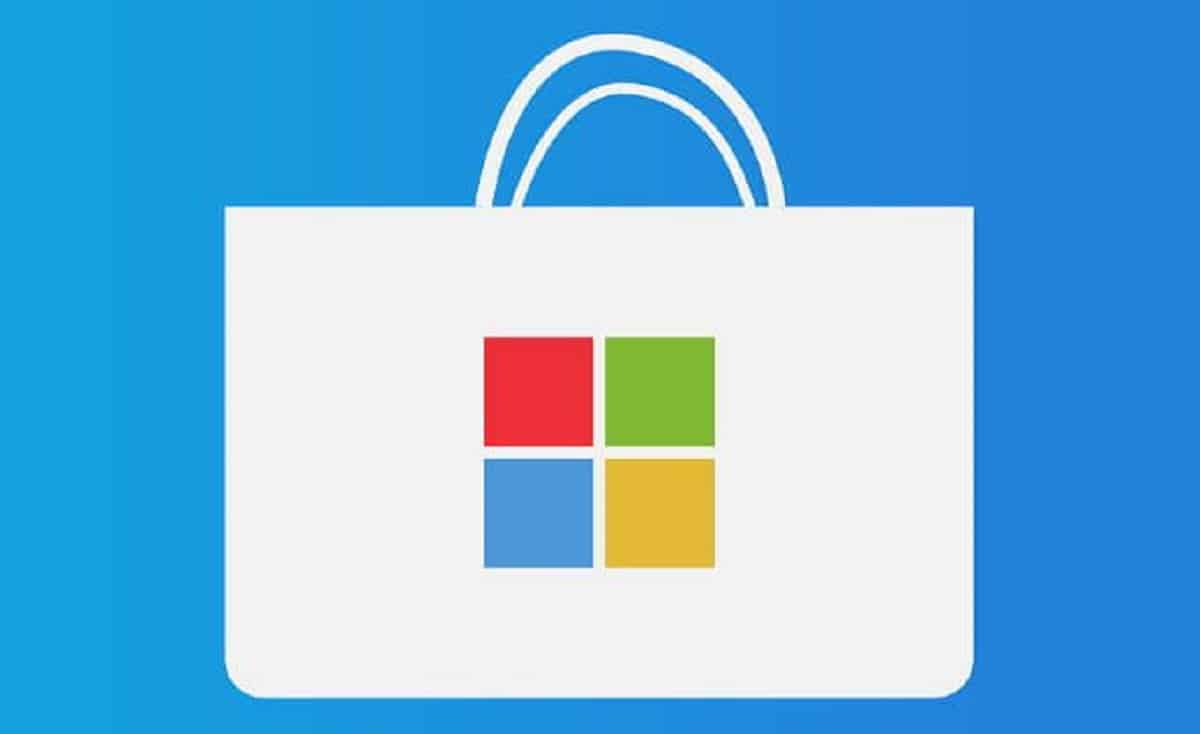
Microsoft generated controversy recently when you updated the "Microsoft Store Terms of Service", on which I update a series of new rules, which could come into force on July 16.
What was striking about the changes made was that it decided to put an end to the sale and distribution of commercial OSS (Operational Support System) applications and to distribute web applications that use Apple's WebKit engine.
Microsoft's revised policy appears to be aimed at improving the Microsoft Store experience. For example, they include a section that prohibits apps that "provide content related to real-world information, news, or current events from spreading misinformation."
What makes this situation unusual is that Microsoft announced its Open App Store Principles in February to address regulatory concerns about competition stemming from the Activision/Blizzard acquisition.
“Today we are announcing a new set of principles for the Open App Store that will apply to the Microsoft Store on Windows and the next-generation marketplaces we will build for games. We developed these principles in part to respond to Microsoft's growing role and responsibility as we begin the process of seeking regulatory approval in capitals around the world for our acquisition of Activision Blizzard. »
“This regulatory process begins as many governments also introduce new laws to promote competition in app markets and beyond. We want regulators and the public to know that as a company, Microsoft is committed to adapting to these new laws, and through these principles, we are doing so.
Another change that caused controversy was the ban on the sale of open source applications, which are usually free. The introduced requirement is intended to combat third parties profiting from the sale of popular open source program assemblies.
This new change does not come from nowhere, since for several months many users complained to Microsoft and even to the alleged developers about why they published open source applications like theirs and more if they requested a payment to download it. A practical example was GIMP, that when searching for the application, several applications with the name appeared and that were paid.
The new rules are formulated in such a way that the sale ban applies to all projects under open licenses, since the code of these projects is available and can be used to create free compilations.
The ban applies whether or not the account is associated with a direct developer, and includes applications hosted on the App Store by major projects to financially support the development
Developers seem more concerned about Microsoft's decision to limit the sale of free software-based applications. Section 10.8.7 of the revised policy states:
“Do not attempt to take advantage of free software or other software that is otherwise generally available free of charge, and do not charge an unreasonably high price in relation to the features and functions provided by your product. »
The policy change comes amid criticism of Microsoft over the launch of GitHub Copilot, a subscription-based open source AI code suggestion tool.
The Software Freedom Conservancy, an open source advocacy group, accused Microsoft of profiting from open source without providing details about Copilot's compliance with the license terms and urged software developers to leave GitHub.
“We learned a valuable lesson that was all too easy to forget, especially when companies manipulate free software communities for their own ends. Now we must relearn the SourceForge lesson with Microsoft's GitHub."
SFC FOSS License Compliance Engineer Denver Gingerich and SFC Policy Officer Bradley Kuhn mentioned Krita paint program and ShotCut video editing software as two free apps soon to violate Microsoft Store terms of use . They also cited SFC's Inkscape project, which in the Microsoft Store had opted to ask for donations instead of requiring payment, which it must now do for compliance.
According to them, Microsoft has done this before, implementing policies and then withdrawing them. "The sale of open source software has been the cornerstone of open source sustainability since its inception," Gingerich and Kuhn said.
“Precisely because you can sell it, open source projects like Linux (which Microsoft claims to love) have been valued at billions of dollars. Apparently, Microsoft doesn't want free software developers to be able to write free software in a sustainable way. »
They conclude by demanding that Microsoft repudiate its Microsoft Store anti-FOSS policies and clarify that the sale of free software is not only allowed but encouraged.
Source: https://docs.microsoft.com